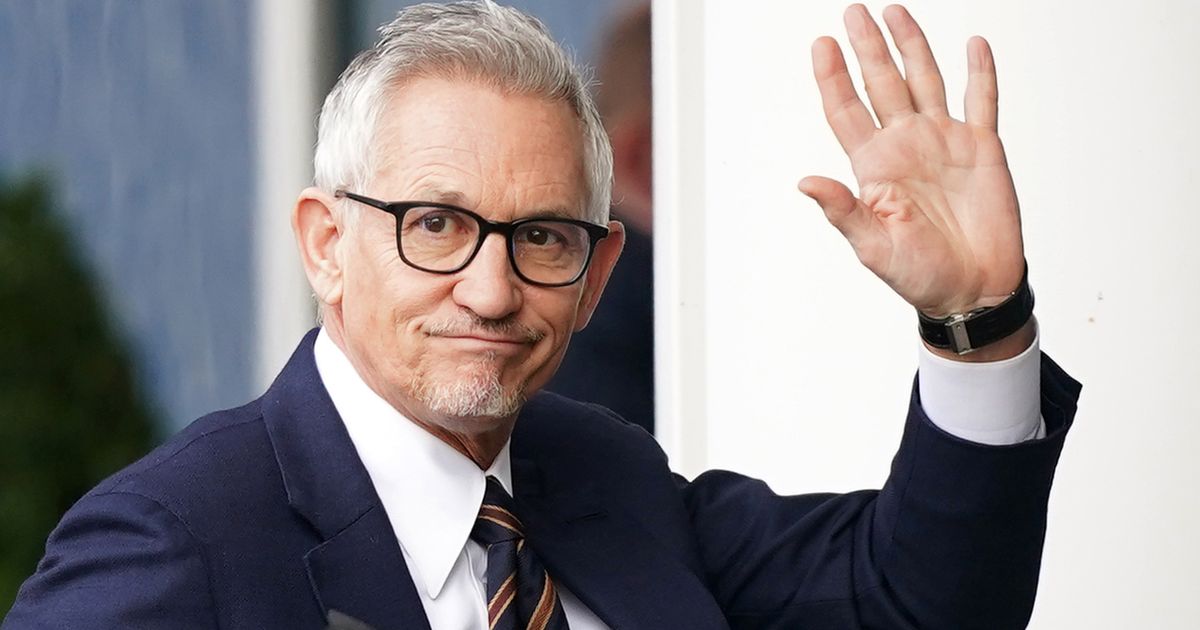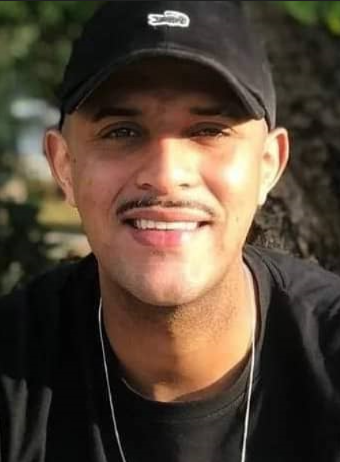BBC Discontent Escalates As Celebrities Gather Around Gary Lineker
BBC discontent escalates as celebrities gather around Gary Lineker. Gary Lineker, the BBC's highest-paid presenter, was suspended on Saturday after criticizing the country's new migration policy.
Author:David MitchellReviewer:Daniel ClarkMar 13, 2023182 Shares2.6K Views

BBC discontent escalatesas celebrities gather around Gary Lineker. Gary Lineker, the BBC's highest-paid presenter, was suspended on Saturday after criticizing the country's new migration policy.
The decision by Britain's main public broadcaster sparked a mutiny among many of Lineker's colleagues, who refused to appear on TV and radio sports programs this weekend, forcing the shows to be canceled.
The BBC has been accused of political bias and stifling free speech, while supporters of the move argue that the broadcaster must maintain its impartiality policy.
What Happened During The BBC-Lineker Crisis?
Lineker, a former England national team soccercaptain, was asked to "step back" from hosting Match of the Day, which he has done for the past 20 years, after comparing the government's rhetoric about English Channel migrants to Nazi-era Germany.
Lineker was reacting to a video in which Home Secretary (Interior Minister) Suella Braverman announced plans to prevent migrants from crossing the English Channel in small boats.
The government proposes prohibiting migrants from seeking asylum and relocating them to "safe" third countries.
The BBC said the 62-year-remarks old's violated its impartiality guidelines.
The decision prompted pundits and former England strikers Ian Wright and Alan Shearer to tweet that they, too, would not participate, followed by the program's commentators.
The BBC then announced that this week's Premier League highlights show would be broadcast on Saturday night without a presenter or pundits.
The show, which has been on British television for 60 years, will be reduced to 20 minutes rather than the usual 60. It began with no introduction, opening credits, or theme music, instead jumping right into match highlights with stadium noise and no commentary.
According to the Professional Footballers' Association, some playersalso wanted to boycott the show, so they would not be asked to conduct post-match interviews.
The crisis erupted on Saturday when several other presenters refused to host three other soccershows on radio and television, forcing their cancellation and depriving viewers of previews and final scores from games played in England's top-tier soccer league.
The controversy has sparked a debate about the BBC's neutrality policy and pitted the right-wing UK government against one of the country's most prominent sports presenters.
The BBC has a long history of reporting objective news without taking political sides. However, the advent of social media has made its impartiality rules difficult to enforce.
Several journalists have been chastised for sharing divisive opinions since director-general Tim Davie warned staff about their use of social media when he took over at the end of 2020.
However, Lineker is a freelancer, not a permanent employee, and is not in charge of news or political content. Many have questioned whether he must follow the same stringent impartiality rules.
Meanwhile, the Labour Party and media commentators have accused the broadcaster of silencing the former footballer in response to Conservative government pressure.
The BBC decision was "indefensible," according to Scotland's First Minister, Nicolas Sturgeon.
Greg Dyke, the BBC's director general from 2000 to 2004, told BBC radio earlier on Saturday that the move was a mistake.
By Saturday evening, British Prime Minister Rishi Sunak had refused to get involved in the controversy.
Final Words
The 100-year-old BBC is frequently accused of bias on both the left and right, and some Conservative lawmakers want to eliminate the 159-pound ($192, €180) annual license fee on households, which funds the majority of its services.
Both "Leave" and "Remain" supporters have claimed that the corporation's coverage was biased against them before and after the 2016 Brexit referendum.

David Mitchell
Author
David Mitchell is a versatile writer at Tennessee Independent, specializing in news, sports, and player profiles. With a keen eye for detail and a passion for storytelling, David brings a unique perspective to his articles, covering a wide range of topics that resonate with readers. His expertise in these areas ensures that readers receive insightful and engaging content, making him a valuable asset to the Tennessee Independent team.

Daniel Clark
Reviewer
Daniel Clark is an experienced author at Tennessee Independent, renowned for delivering insightful articles with a professional approach. With a focus on factual accuracy and authoritative insights, Daniel covers a wide range of topics, providing valuable information and engaging narratives. His expertise in areas such as performance, player profiles, and current events ensures that readers receive trustworthy and informative content. Daniel's commitment to delivering well-researched articles makes him a reliable source for expert perspectives on Tennessee Independent.
Latest Articles
Popular Articles